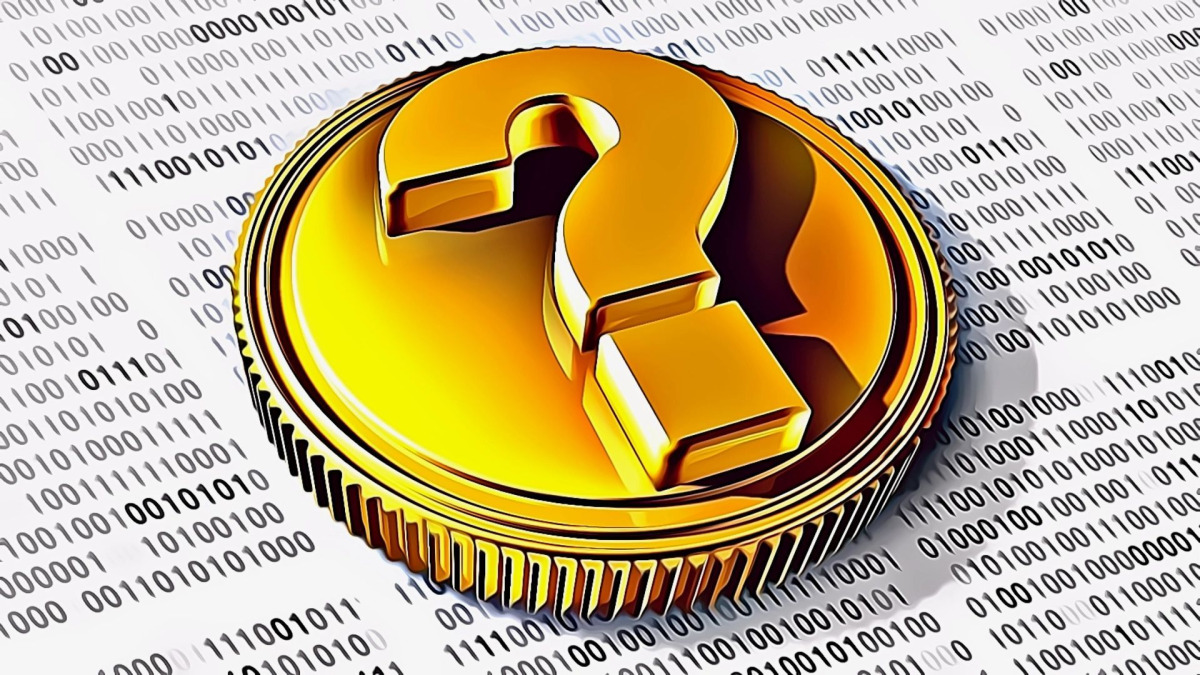The cryptocurrency world goes beyond Bitcoin (BTC), with a multitude of altcoins offering unique features, use cases, and growth potential. If you’re looking to diversify your crypto portfolio or explore beyond Bitcoin, analyst Deanna Ritchie offers an analysis of these altcoins. Here are the details…
Not Bitcoin: These altcoin projects are getting attention
Bitcoin, the first and most well-known cryptocurrency, paved the way for a digital revolution in the financial world. However, Bitcoin’s dominance is not devoid of limitations. Transaction speed, scalability, and smart contract functionality were areas where Bitcoin fell short. This awareness has led to the emergence of alternative cryptocurrencies or altcoins, each designed to address specific shortcomings while presenting innovative concepts.

Created by Satoshi Nakamoto, Bitcoin is the first decentralized cryptocurrency to operate on a peer-to-peer network. Its primary function is to facilitate secure and transparent financial transactions. However, Bitcoin’s Blockchain technology has limitations when it comes to transaction speed and scalability. These shortcomings have also led to the emergence of a wide variety of alternative cryptocurrencies, collectively known as altcoins.
Altcoins, short for “alternative coins”, are cryptocurrencies other than Bitcoin. They emerged as an alternative to the original cryptocurrency, offering different features, use cases, and technologies. Examples of popular altcoins include thousands of altcoins such as Ethereum, Litecoin, Ripple, and Cardano.

Things to consider when choosing coins
When evaluating Bitcoin alternatives, it is crucial to evaluate various factors in order to make an informed investment decision. These factors include:
- Using status:Understand the altcoin’s purpose and real-world applications.
- Technology:Evaluate the underlying Blockchain technology and its scalability, security and innovation potential.
- Development Team:Evaluate the expertise and track record of the development team behind the altcoin.
- Market value:Consider the altcoin’s market size and liquidity.
- Community Support:Finally, analyze the strength and engagement of the altcoin community.
What are the featured altcoins?
According to the analyst, the following altcoin projects stand out given the above factors:
Ethereum (ETH)
Known as the second largest cryptocurrency, Ethereum is a decentralized platform that enables the creation of smart contracts and decentralized applications (DApps). It has also gained popularity for its versatility and potential to create decentralized finance (DeFi) solutions. The features and benefits of ETH are as follows:
- Smart contract functionality for decentralized applications (DApps).
- Robust developer community and ecosystem.
- Potential to create Altcoin Decentralized finance (DeFi) solutions.

Litecoin (LTC)
Created by Charlie Lee, a former Google engineer, Litecoin is often referred to as the “silver of the crypto market.” It offers faster transaction confirmation times and a different hashing algorithm, making it a popular option for day-to-day transactions.
- Faster transaction confirmation times compared to Bitcoin.
- It is recognized as a well-established and reliable cryptocurrency.
- Popular altcoin for daily transactions.
Ripple (XRP)
Ripple stands out for its focus on providing fast and low-cost international money transfers. Moreover, the native cryptocurrency XRP plays a crucial role in facilitating liquidity and facilitating cross-border transactions.
- Fast and low-cost international money transfers.
- It is designed for seamless integration with traditional financial systems.
- It also increases liquidity and efficiency in cross-border transactions.

Cardano (ADA)
Promoted as a useful Bitcoin alternative and an “Ethereum killer,” Cardano aims to provide a secure and scalable platform for the development of DApps and smart contracts. It emphasizes scientific research, peer-reviewed development and sustainability.
- A science-based approach to blockchain development.
- It emphasizes security, scalability and sustainability.
- It aims to provide an efficient and secure platform for decentralized applications.
Bitcoin Cash (BCH)
Bitcoin Cash, a fork of Bitcoin, aims to increase transaction speed and scalability while maintaining the decentralized nature of the original cryptocurrency. It offers lower transaction fees and larger block sizes than Bitcoin.
- Larger block sizes for faster processing.
- Lower transaction fees compared to Bitcoin.
- It maintains the decentralized nature of Bitcoin.

Stacks (STX)
Stacks is a unique altcoin that leverages the security of the Bitcoin Blockchain to enable smart contracts and decentralized applications. In addition, it focuses on integrating decentralized finance (DeFi) applications with the security and network effect of Bitcoin.
- It leverages the security of the Bitcoin Blockchain for smart contracts.
- It focuses on integrating decentralized finance (DeFi) with the security of Bitcoin.
- It allows developers to build applications on top of the Bitcoin network.
Binance Coin (BNB)
Binance Coin serves as a trading tool for the Binance cryptocurrency exchange. It offers benefits such as low transaction fees, token burning and participation in token sales on the Binance platform.
- Exchange broker for Binance cryptocurrency exchange.
- It offers advantages such as low transaction fees and token burning.
- Finally, it offers opportunities to participate in token sales on the Binance platform.

Cosmos (ATOM)
Cosmos aims to solve the interoperability challenges faced by different Blockchains. It promotes a connected and scalable ecosystem by enabling the exchange of assets and data between its various independent blockchains.
- It solves interoperability challenges between different Blockchains.
- It enables the exchange of assets and data between independent blockchains.
- It also promotes a connected and scalable Blockchain ecosystem.







